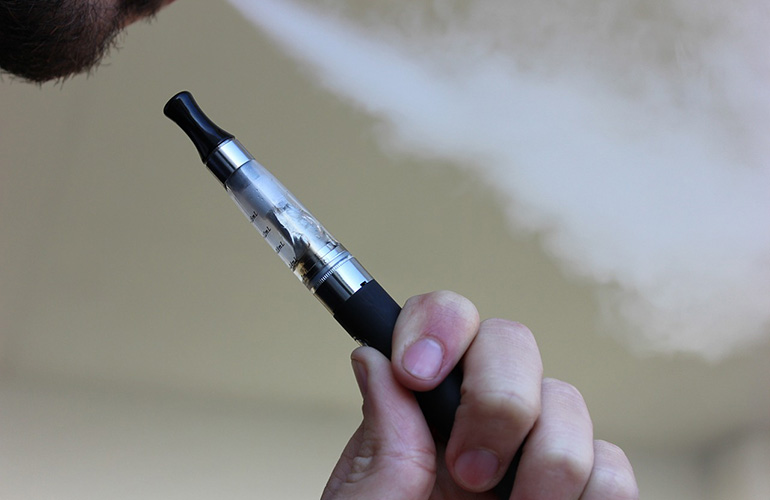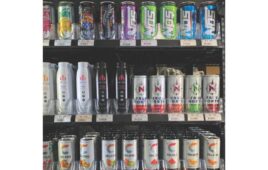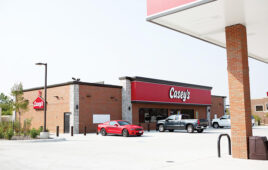 In the Mohawk Valley community of Dolgeville, N.Y., students involved in the “Reality Check” anti-tobacco group at the local high school went before the village board to highlight the alarming rates of youth vaping.
In the Mohawk Valley community of Dolgeville, N.Y., students involved in the “Reality Check” anti-tobacco group at the local high school went before the village board to highlight the alarming rates of youth vaping.
“The young people came and made a presentation about the products, and we were very interested in their undertaking,” the mayor told the local newspaper, implying the board was so swept away that they spontaneously hatched legislation aimed at curbing youth access to tobacco and e-cigarettes.
But the law was neither spontaneous nor homemade. Eight pages long, it required Dolgeville’s three retail stores to get a tobacco license every year from the village for a $200 fee, even though they already had one from the state — a $300 fee. It capped the number of such licenses at three. It required license revocation if the store failed a U.S. Food and Drug Administration (FDA) sting that the FDA felt was punishable only by a warning letter. It banned tobacco coupons and buy-one-get-ones. It required list price shelf tags. Big-city tobacco legislation in tiny Dolgeville, population 2,098.
Welcome to today’s world of local tobacco and vaping product regulation. Redundant layers of onerous retailing restrictions, meticulously prepared by far-away, taxpayer-funded lawyers and academics behind the scenes, disguised as a homegrown response to community concern, proposed and adopted in a month’s time without any consideration of how retailers will be affected.
In Albany County, N.Y., where one party dominates the county legislature, a bill was introduced to ban flavored e-cigarettes. Within a few months, it had morphed into a ban on all flavored tobacco products, including menthol cigarettes and flavored cigars. It hasn’t been voted on yet. The New York Association of Convenience Stores (NYACS) is among the retail groups fighting it.
Also considering its own menthol cigarette and flavored e-cigarette ban is New York City, another one-party-rule jurisdiction. At the public hearing before the health committee, it was nearly four hours before they called a witness who opposed the legislation, and by then, only one committee member was still there to hear it. NYACS is also engaged in this battle.
To light the fuse of excessive local tobacco regulation in your county or municipality, all it takes is a few pushy public health activists. To get it passed, all it takes is a retail community that is either unaware or apathetic.
National Response Network
The good news is that your state or regional convenience store association now has help in monitoring local legislative activity, mobilizing retailers and providing background and talking points.
To develop a more educated and engaged retail community, the National Association of Tobacco Outlets (NATO) has created a coalition called the National Response Network (NRN). NYACS and other trade organizations have joined NRN to share information and outreach strategies to respond to local ordinances.
In conjunction with NRN, there’s a new National Local Advocacy Alliance website — nationallocaladvocacyalliance.org — to help retailers learn about and respond to local threats. You can sign up there to receive alerts about pending legislation in the communities where you operate stores.
It’s high time these village boards and county legislatures got a dose of “reality” from another vantage point — that of the licensed, tax-collecting, age-verifying retailer who doesn’t deserve to be marginalized for selling legal tobacco products to adult customers.
Jim Calvin is president of the New York Association of Convenience Stores (NYACS), a private, not-for-profit trade association dedicated to unifying, serving and representing New York state’s c-store industry.




